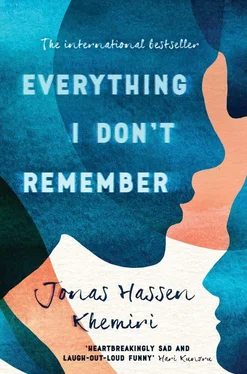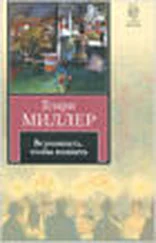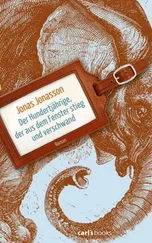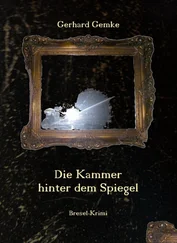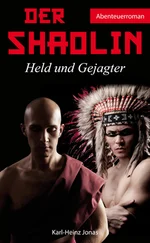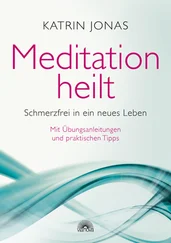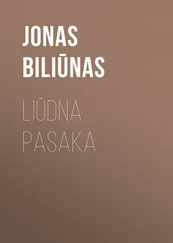*
The plane took off and Samuel sat next to me, in high spirits.
“Holy shit, it’s crazy how much we have to catch up on,” he said.
And we did. As the flight attendants passed out menus he told me that Laide had worked at McDonald’s after upper secondary school and the rumor that they wash the toilet seats in the same dishwasher as they wash the fry cages — it’s true.
“Okay,” I said.
We ordered wine and nuts.
“Laide is allergic to nuts. But not all nuts, peanuts are worst. She has to make sure they know every time she flies.”
We received our little bottles of wine, I paid for both of them.
“Thanks. I’ll get it next time.”
“Cheers! To the Experience Bank! To immortality!”
“To love!”
We toasted with our fridge-chilled red wine and at last I felt like our trip could start.
“You know what Laide’s doing this weekend? She’s going to a demonstration and then she’s going to grab dinner with two friends.”
*
When the Sweden Democrat cars approached, the police stood between us and them, the police horses whinnied, the police dogs seemed unfazed by our instruments and roars. Charlie started chanting slogans, at first the classic ones (“No racists on our streets,” “What are we gonna do? Stamp out racism! When are we gonna do it? NOW!”) and soon enough slightly more specific ones to fit that day in particular (“Farsta says: FUCK SD, Farsta says: FUCK RACISM!”). Tamara was standing next to her and smiling, and even though she wasn’t singing along it was obvious that she was proud. I felt young that day on the square, I felt like I had in the past, it wasn’t until the SD representative had given his barely audible talk about the importance of closed borders and a return to the classic values that made this country what it is that Ylva looked at me and asked where Samuel was.
“Samuel?” I said.
“Yeah. Isn’t he coming?”
“He’s in Berlin.”
But once I’d said it, I realized that he wouldn’t have been there even if he had been in Stockholm.
*
It was like that all the way down to Berlin. He described (and imitated!) how cute she sounded when she snored. He told me that she had an older sister who worked at the Museum of Natural History. He said that what made Laide’s particular version of Arabic so special was that it was pretty similar to that dialect in all the Egyptian soaps. When the flight attendant approached to collect money for the next round of wine bottles he let me pay again.
“Sorry, my wallet is up in my bag. I’ll get the next one — I swear.”
I picked up the seat-back magazine as the plane descended to land in Berlin. I read an article about Venice. Samuel leaned over my shoulder, pointing at the black-haired model who was on a boat with an umbrella.
“Foxy,” he said. “But not as foxy as. .”
And I thought: Is he messing with me? I’ve seen Laide. I know how old she is, how worn out she looks, I’ve seen her bitten nails, her hunted expression, that is not a person at peace, that is a person who is always prepared to be left and always has to keep her hand on the emergency brake so she can leave first. But did I say that? No. I kept it to myself, like an idiot.
*
I came home from the demonstration. I stood in my empty hallway. I want to say I enjoyed my time alone. That Samuel’s absence meant I could completely be myself. That I could let my body relax and pick my nose and masturbate and fart and burp and definitely not feel any sort of emptiness. Because that’s the way it always had been before. But I missed him. And that annoyed me.
*
We landed at the airport and it was like traveling back in time. It was still 1995 there, everyone who worked there looked like pale bartenders in old music videos, their hair was moussed and their faces were either heavily made up or well-mustached and their jeans were so unmodern that they were either seriously unmodern or extremely modern. Samuel looked around and exclaimed:
“Berlin here we come!”
Then he stopped and turned on his phone.
“I’m just going to say we landed.”
*
Then the texts started coming. He sent one when he landed, and the next fifteen minutes later: “Now we’re getting in ein taxi bitte !” He sent a picture of a trampoline in a park, he took a photo of a table full of drinks and wrote: “ Aufwiedersehn .” But not once did he write that he missed me. Instead my phone filled up with proof that he seemed to be doing at least as well without me. I took a bath, I read a book, I sat quietly and listened to the murmur of my neighbors’ TV, they were watching Let’s Dance . I tried to convince myself that I was happy. Serene. Free. But in my mind I could see a car crashing into Samuel’s taxi. He got out of the taxi and was kicked down by a Nazi. He was at a club and someone offered him candy that wasn’t candy. He got drunk and fell into the river. He was at a roof party and climbed over the parapet.
The final text came at 11.30, he asked how I was, he said that he was about to go to bed but that he’d had an epic night and signed off by sending “ ein godenachte kiss.” I didn’t know how to respond. His text felt like an attempt to reassure me, and a person who has no intention of betraying someone doesn’t need to reassure said someone. I lay awake until it started to get light out.
*
The line for taxis was long but the creamy white taxicabs were standing at the ready and everything went smoothly, we jumped into the backseat and gave the address and the guy behind the wheel was a Turk and laughed at Samuel’s terrible German. Samuel tried to give the address again, the driver corrected him. We headed into the city, Samuel tried to make small talk, it didn’t go very well, the Turk’s English was German, Samuel’s school German was Swedish. The roads were narrow, the neighborhood looked Polish, we drove through a forest, past a few brick buildings, the taxi driver pointed proudly at a few blocks and said:
“All this new, before: nothing!”
And we gave impressed nods at the new buildings, which already looked shabby. We passed a train station, we turned right and nearly collided with a yellow streetcar. We were getting closer to Panther’s neighborhood, it wasn’t too far, the driver slowed down, he looked at the street names.
“It should be here.”
We turned right, onto a street as wide as a soccer field and perfectly empty, no trees, no stores, just long rows of cars parked at an angle and buildings that looked like forgotten embassies. We stopped outside the door to Panther’s building.
“Can you. .” I said, pointing at the horn.
He looked at me like I was nuts.
“This is Berlin.”
I’m not quite sure if he understood that I meant the horn or thought it was something else, but we thanked him for the ride and I paid because Samuel was already at the door, using the intercom. It cost twenty-three forty and I gave him twenty-five euros and he thanked me for the tip, surprised. At first I thought he was being sarcastic, but he seemed truly happy as he zoomed off over the cobblestones.
*
The day after Samuel left, Maysa contacted me to ask if it was okay for her sister to move into the house for a little bit, because she needed refuge as well.
“Of course,” I said. “That shouldn’t be a problem. Will she be by herself?”
“Mmhmm. With her daughter.”
*
The street was quiet again, I looked up at the building. It was the only one on the whole street that was flaking, it looked like a fire had damaged it, the plaster had fallen off long ago, the door was darkened by decades of dirt, two large parts of the façade had come loose and were lying on the sidewalk. On the first floor I saw a big red flower and a few pieces of paper with words I couldn’t make out. On the second floor the white curtains were drawn. On the third: Panther’s happy face.
Читать дальше
